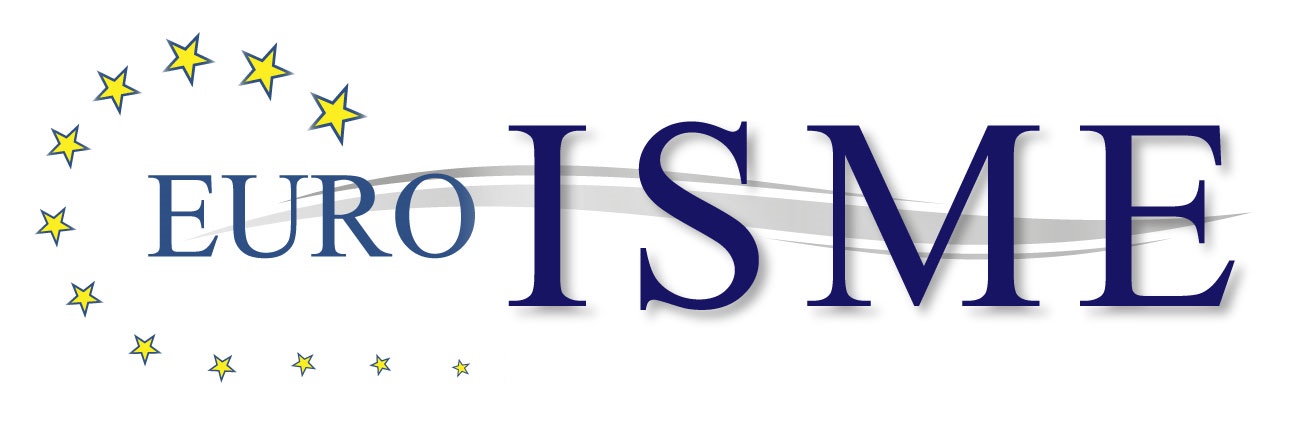Webinar: 20 Years of War in Afghanistan: Experienced Ethical Challenges and Lessons learnt - can we foster a common European perspective?
Can we foster a common European perspective on military ethics and military leadership culture? Our distinguished panelists will share their experiences from Afghanistan and speak about different ethical challenges in military operations. Their views and practical insights will help in our pursuit of discovering a common European military ethics culture.
Date
Monday, 03 May 2021, 17:00-19:00 CEST/ Paris time (UTC+2)
Watch the recording of the event here
To start the video, click on the preview above this line
Panellists
Brigadier General (Ret) Emmanuel Maurin : Ethics in military operations - A military point of view
Born in 1960 - Married - 5 children
Graduated from Ecole Spéciale Militaire de Saint Cyr (1981-1983)
35 years of service in the French Army balancing appointments in operational units (French Foreign Legion) and in Army Headquarters, Joint Headquarters and Ministry of defense office as well (Directorate for strategic affairs)
Committed in operations in all his ranks in several African countries (Chad, Central Africa, Gabon, Ivory Coast, Djibouti...) and in Afghanistan as Commander of the Task Force Lafayette (2011)
He left the Army before his limit of duty in 2016 for a civilian and business experience.
Since 2016 CEO of SPARTAN Military and Law Enforcement, a company specialized in Training Weapon Replicas and Small Arms Training Simulators.
Hobbies : Tribal African Art and bibliophily
Brigadier General (MD) Dr. med. Stefan Kowitz, MBA and 1st Lt Alexander Schäbler :
Loyalty in Military Medical Ethics in Afghanistan - A challenging Dilemma
Short Biography of Brigadier General (MD) Dr. med. Stefan Kowitz, MBA
Military career:
MBA Brigadier General Dr. Kowitz entered the German Armed Forces in 1979 as officer candidate.
He served in various positions within staff functions and command positions within the Bundeswehr, as well as fully qualifying as a General Practitioner. During his long career as a medical staff-officer, BG Dr. Kowitz has was appointed to various multinational positions, serving i.a. as Medical Advisor to the JFC HQ in Brunssum/NLD, as Director of the NATO Center of Excellence for Military Medicine in Budapest/HUN as well as the Medical Advisor for the Supreme Headquarters Allied Powers Europe (SHAPE) in Mons/BEL.
He was deployed abroad as Deputy Commander of a German Field Hospital in Croatia as part of a UN Mission, as Medical Director and Advisor at HQ ISAF, Kabul and a few years later again as the Commander of the German Medical Task Force in Afghanistan. He has a degree as Executive MBA in Health Care Management.
Current assignment:
Since August 2019, BG Dr. Kowitz is the Director of the Multinational Medical Coordination Center (MMCC) / European Medical Command (EMC) in Koblenz.
Alexander Schäbler is an officer in the German Medical Service. He is currently working for the Multinational Medical Coordination Centre / European Medical Command (MMCC/EMC) under the Director, Mr. Brigadier General (MD) Dr. Stefan Kowitz. Previously, Mr. Schaebler served as a platoon leader in different Medical Regiments of the Bundeswehr. In 2013 he was deployed to Mali to help establish a Medical Treatment Facility (MTF) for the European Training Mission in Mali (EUTM). Here he witnessed the challenges and limitations of military medical treatment first hand. In 2018 he served as Executive Officer of a German Damage Control Surgery Unit, supported by the US, in Kunduz, Northern Afghanistan, as part of NATO's Resolute Support Mission. The binational team helped stabilize over 50 critically wounded patients and ensured medical treatment for all coalition forces in the region.
He is a certified nurse and has studied business economics. Currently he is studying Strategic Studies next to his service for the German military and is aiming to become an observer for the United Nations.
Lieutenant General (Ret) Mart De Kruif : Ethics in operations, it is all about virtues.
Mart De Kruif received his military education at the Royal Military Academy in Breda and was commissioned as an infantry-officer. Later he was also educated at the Führungsakademie der Bundeswehr and the U.S. Army War College. He held several positions within the Netherlands Army and participated in operations in Bosnia, before he became commander of the 43 Mechanized Brigade in Havelte in 2007. On 1 November 2008 he was promoted to Major General. On the same day he took over the Regional Command South (RC-S) of the International Security Assistance Force (ISAF) in Afghanistan. Under his command the size of RC-S doubled to 40.000 troops. He held this command until 1 November 2009. From May 2010 till October 2011 he served as the Deputy Commander of the Royal Netherlands Army. Promoted to Lieutenant General on 17 October 2011, de Kruif assumed the post of Commander of the Royal Netherlands Army on 25 October. He retired on 24 March 2016. Currently, he is the Chairman of the Invictus Games 2022 The Hague. He is married and has four children and lives close to Arnhem.
Prof. Rudolf Schüßler
Rudolf Schuessler is professor of philosophy at the University of Bayreuth/Germany. He is a member of the group Processes of International Negotiation (PIN) and associated researcher at the German Institute of Global and Area Studies in Hamburg. Schuessler’s fields of research comprise early modern intellectual history, modern applied ethics, and political philosophy. He is author of i.a. ‘Hadrian VI und das Recht auf Verweigerung zweifelhaft rechtmäßiger Befehle’ in N. Brieskorn, M. Riedenauer (Hrsg.) Politische Ethik in der frühen Neuzeit (Stuttgart 2000); ‘Humanitäre Intervention und Gerechter Krieg’ Vierteljahresschrift für Sicherheit und Frieden 19 (2001); ‘Reconciliation, Morality, and Moral Compromise’ in M. Anstey, V. Rosoux (eds.) Negotiating Reconciliation in Peacemaking (Cham 2017); R. Schuessler and J.-W. van der Rijt (eds.) Focal Points in Negotiation (London 2019).
